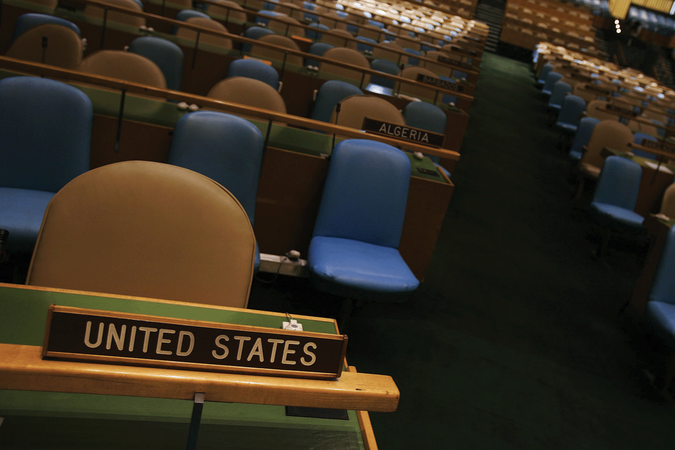RFF Awards Grants to Fund Research on Major Federal Energy Laws
Resources for the Future is pleased to award seven teams grants to analyze clean energy policies and programs developed under the Inflation Reduction Act and the Infrastructure Investments and Jobs Act.
Resources for the Future (RFF), generously supported by the Alfred P. Sloan Foundation, is pleased to award seven teams grants to analyze clean energy policies and programs developed under the Inflation Reduction Act and the Infrastructure Investments and Jobs Act.
Over the next two years, the teams will conduct research to help policymakers and experts understand the effects of these wide-ranging laws. You can learn more about the funding and its broader aim via the Request for Proposals.
“Federal policy must always be supported by rigorous research and program evaluation—especially now as we debate their effectiveness,” said Carlos Martín, RFF’s Vice President for Research and Policy Engagement. “Policies in the Inflation Reduction Act and the Infrastructure Investment and Jobs Act affect people all over the United States. It’s in everyone’s best interest that we have the data to understand whether and how these policies change communities, public health, and the environment. RFF is proud to fund these researchers and their important work.”
Below are the teams and the awarded projects:
Understanding Solar and Storage Adoption by Low-Income Households
- Soren Anderson, Michigan State University
- Justin Kirkpatrick, Michigan State University
A Place-Based Clean Energy Subsidy: Environmental-Equity Tradeoff or Win-Win?
- Matthew Ashenfarb, Yale University
General Equilibrium Effects of Place-Based Renewable Subsidies from the Inflation Reduction Act
- H. Ron Chan, University of Manchester
- Akshaya Jha, Carnegie Mellon University
Electric Vehicle Policies in the Inflation Reduction Act: Where Do Climate Provisions and Industrial Policy Goals Align?
- Joshua Linn, University of Maryland*
- Yongjoon Park, University of Massachusetts, Amherst
- Yichen Christy Zhou, Clemson University
The Role of Licensed Contractors in Household Electrification
- Bora Ozaltun, University of California, Berkeley
- Meredith Fowlie, University of California, Berkeley
The Costs and Benefits of Place-Based Policies
- Max Snyder, University of California, Berkeley
- Eva Lyubich, University of California, Berkeley
Evaluating the Inflation Reduction Act Used Electric Vehicle Purchase Credits
- Tess Snyder, Stanford University
- Hyuk-soo Kwon, University of Chicago
- Hunt Allcott, Stanford University
Each team will prepare at least one paper for submission to a peer-reviewed journal. RFF encourages the grantees to produce auxiliary products, like blog posts or podcast episodes, to make their work accessible to a non-academic audience. Grantees will also participate in two RFF workshops to share their results with other teams, academics, and policymakers.
Brian Prest, a fellow at RFF who is leading the grantmaking process, said, “We are thrilled RFF is funding an outstanding group of scholars to study and evaluate clean energy policies, including the impacts of tax credits for clean energy and clean vehicles, place-based policy approaches, and home electrification. We consider it part of our mission to be a conduit of this research to have real policy impact and ensure that helpful information is available on Capitol Hill and beyond.”
Since RFF issued the request for proposals in October 2024, the policy environment encompassing many of the studied programs has become more uncertain. Even as the policy conversations move quickly, the research produced from these grants will still help inform decisions about the role of tax credits, subsidies, and other government interventions in future climate and policy.
Please contact Brian Prest at [email protected] with any questions.
*Linn, who is also a Senior Fellow at RFF, is an unpaid contributor to the funded project.
Resources for the Future (RFF) is an independent, nonprofit research institution in Washington, DC. Its mission is to improve environmental, energy, and natural resource decisions through impartial economic research and policy engagement. RFF is committed to being the most widely trusted source of research insights and policy solutions leading to a healthy environment and a thriving economy.
Unless otherwise stated, the views expressed here are those of the individual authors and may differ from those of other RFF experts, its officers, or its directors. RFF does not take positions on specific legislative proposals.
For more information, please see our media resources page or contact Media Relations and Communications Manager Annie Tastet.



